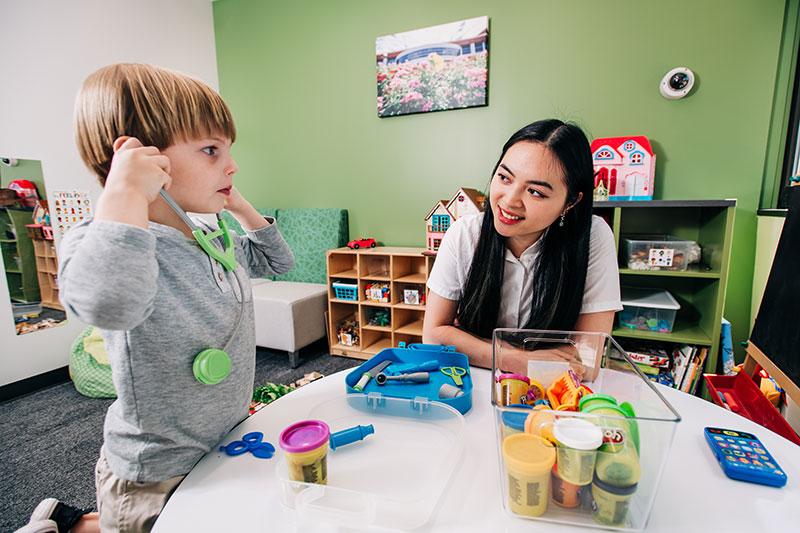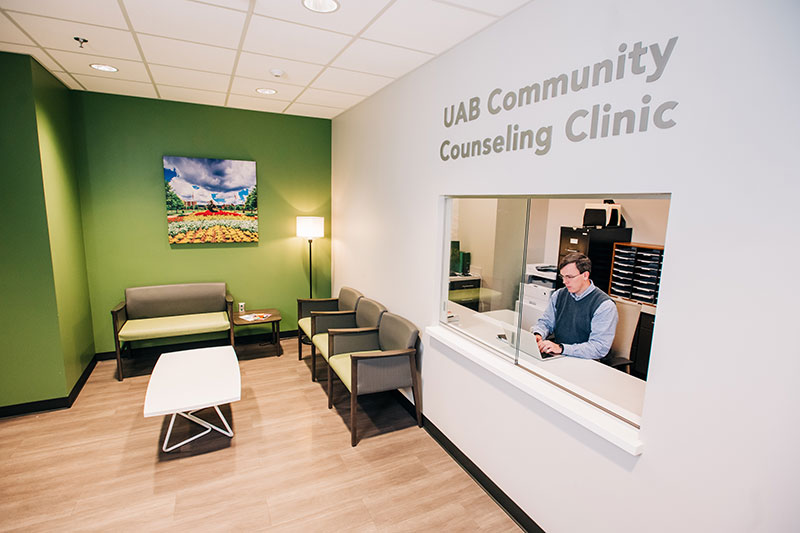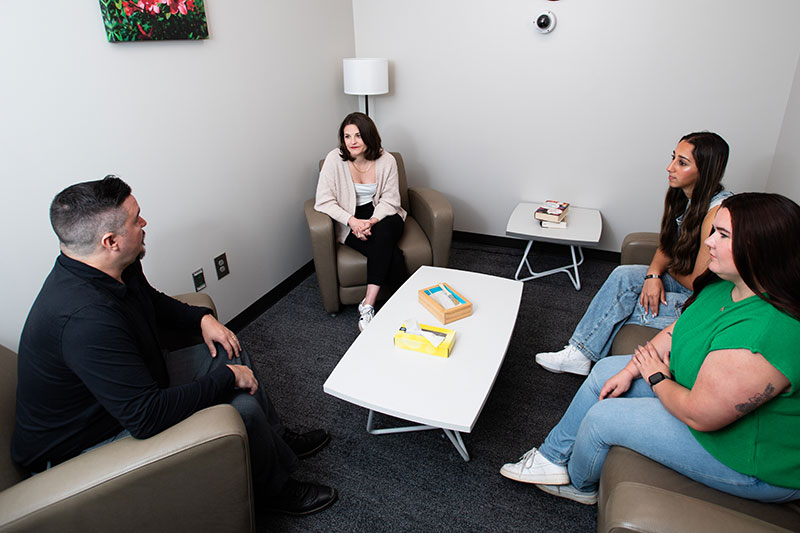Welcome to the UAB Counseling Clinic
The Counseling Program in the UAB School of Education and Human Sciences offers affordable counseling services to the residents of Alabama through its Community Counseling Clinic. Well-trained graduate students, supervised by experienced faculty members, conduct all counseling sessions. Our counselors are compassionate and effective, and our services are collaborative, goal-oriented, and personalized for each client. Since our clinic is also a teaching center, all counseling sessions are recorded so that the Counseling Program faculty can review and assess client progress, monitor the need for medical services, and evaluate clinical interventions.
Current Clients
Thank you for choosing the UAB Community Counseling Clinic. We are currently only taking cash at this time for appointments.
Referrals
Providers may make referrals by calling the clinic or faxing,
in which case, please use the Community Counseling Clinic cover sheet.
Phone: 205-996-2414
Fax: 205-996-2414
If you have questions, please contact
CounselingClinic@uab.edu
(205) 996-2414


